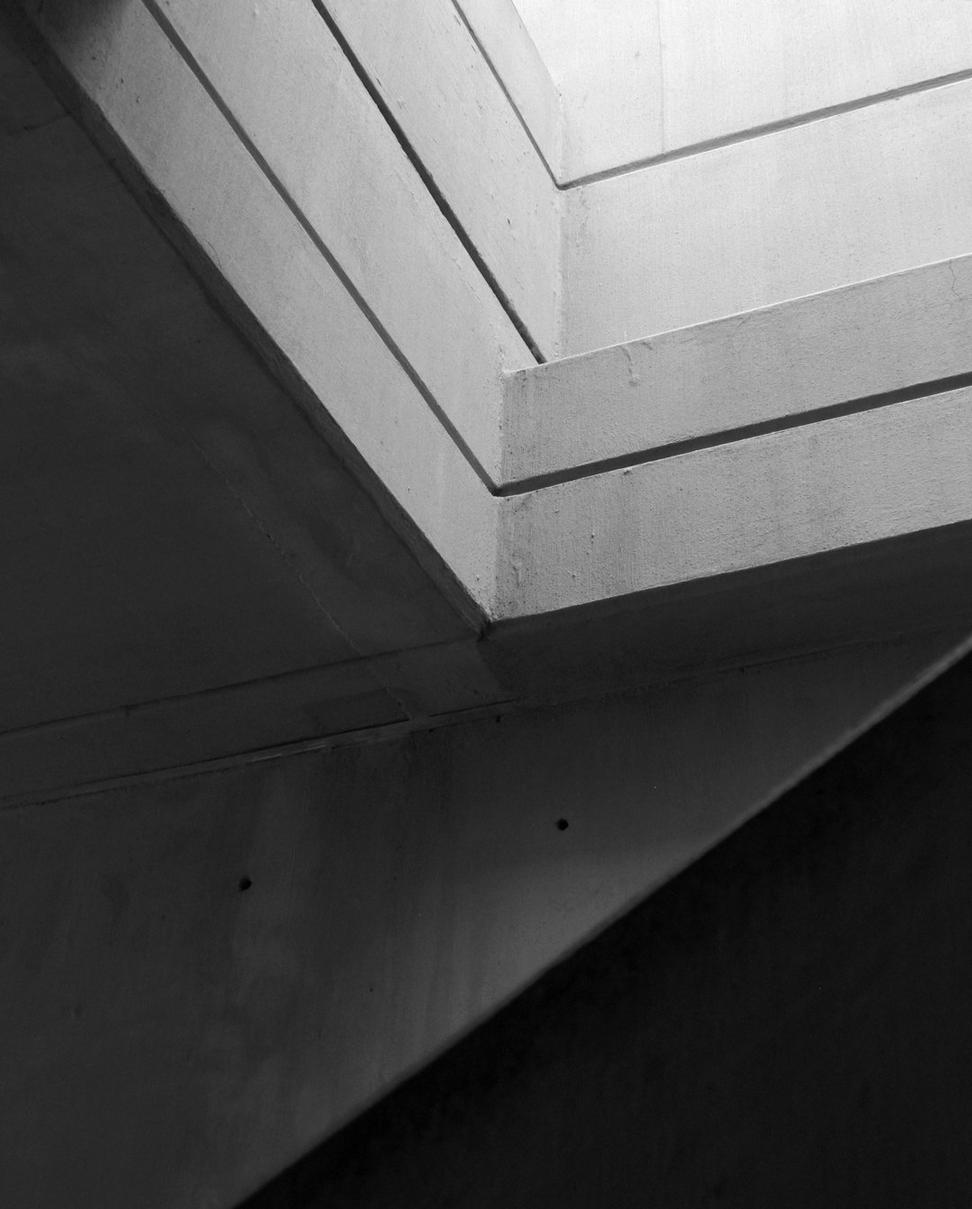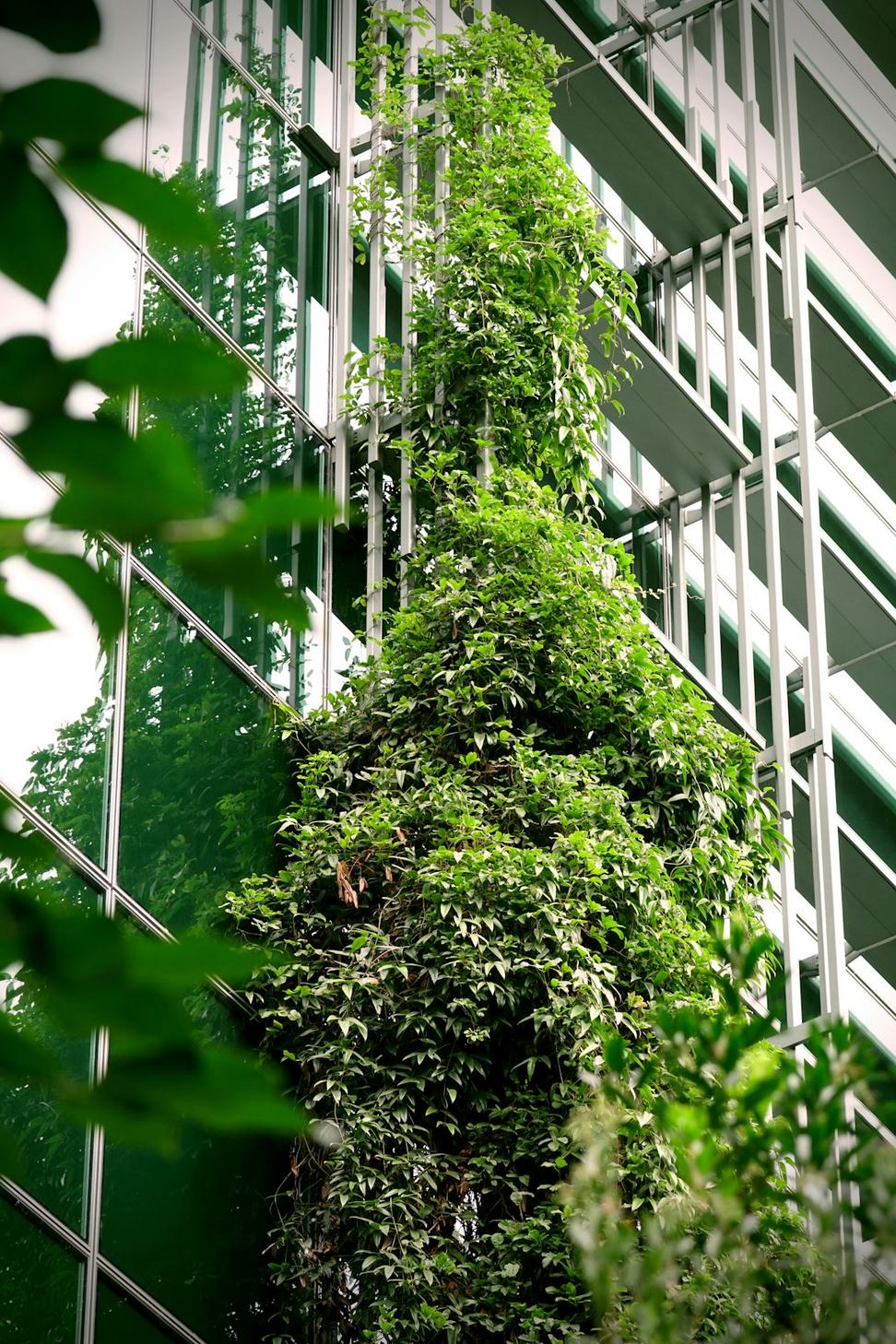
Why We're Obsessed With This Stuff
Look, I'll be honest - when I started out fifteen years ago, "sustainable architecture" was mostly a marketing gimmick. Slap some solar panels on the roof, call it a day, right? But after seeing how buildings actually perform over time, watching energy bills, talking to people living in these spaces... it changed everything for us.
We're based in Vancouver, and if you've been here, you know we've got this incredible natural environment. Mountains, ocean, forests - it's kinda hard to ignore when you're designing buildings that'll be here for the next hundred years. So yeah, we take this seriously.
Every project we touch now has sustainability baked in from day one. Not as an add-on, not as a "premium option" - it's just part of the DNA. Because honestly, building anything else in 2024 feels irresponsible.
On staff since 2012
